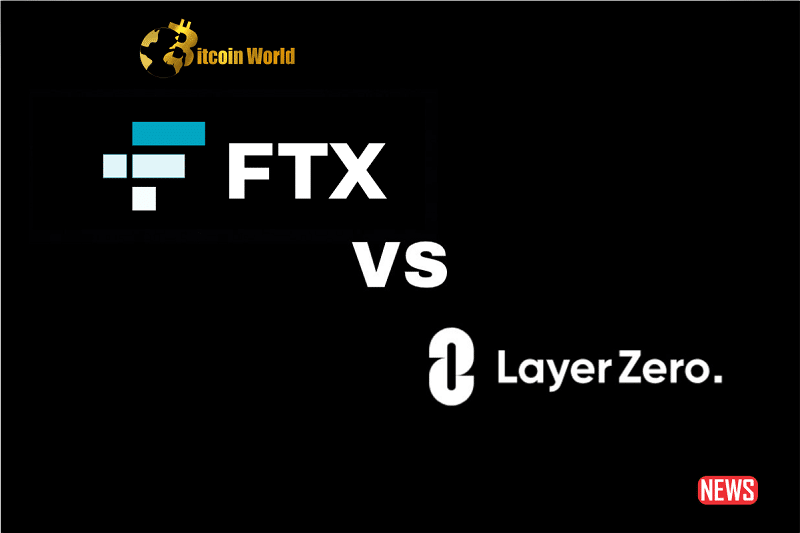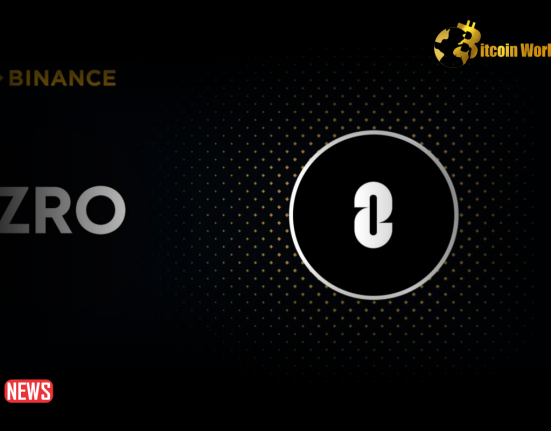In a recent court filing, the FTX Debtors allege that bridge protocol LayerZero exploited Alameda Research’s financial difficulties shortly before their bankruptcy. According to the petition, LayerZero’s letter to its investors on November 10, 2022, acknowledged its exploitation of Alameda Ventures.
A recent court filing by FTX revealed that LayerZero tried to take advantage of the financial troubles of FTX’s sibling company. They initiated a loan recall for a significant debt amounting to millions.
LayerZero aimed to take advantage of Alameda Research’s financial difficulties by requesting the prompt repayment of their $45 million loan. The debtors argue that LayerZero knew about their economic issues. They think the company used the opportunity to get a beneficial contract for themselves.
Caroline Ellison, then CEO of Alameda Research, reportedly facilitated a quick transaction with LayerZero. Alameda reportedly transferred its entire 4.92% equity stake in LayerZero to LayerZero. This transfer was made in exchange for the forgiveness of Alameda Research’s $45 million debt.
LayerZero eventually reached a more favorable agreement, as stated in the petition. The FTX investment arm sent a significantly higher amount through last-minute transactions compared to what LayerZero provided. LayerZero forgave a $45 million loan and received approximately $150 million in equity in return.
Aditya Bharadwaj, a former employee of Alameda Research, has shared insights about his experience working at the now-closed investment firm. Contrary to popular belief, the user refutes the notion that FTX and Alameda ever operated independently. Although Sam appeared fully dedicated to running FTX, the two companies were closely interconnected. Both corporations often shared offices, social events, and housing arrangements.
He explained that he lived an opulent lifestyle, flying on private jets and meeting celebrities and political officials. He noticed severe faults at the same time. Baradjwaj claimed the company’s risk management was careless despite handling billions of capital.














